We Produce Not Only
Professionals but Also
Leaders Of Society
The Shizenkan MBA program is designed according to a unique educational philosophy anchored in respect for humanity. Our approach supports the development of a “holistic and complete leader who combines human and social values with management and professional skills and is able to drive innovation and creativity.
-
We Create the Opportunity for Entrepreneurs and Young Managers to Develop Proficiency in Three Key Areas
As a foundation of the program, we explore quantitative analysis, as well as logical and strategic thinking, essential skills for management professionals. Next we develop the “ability to envision”; based on our observations of what the world needs and potentially wants, and the reflection on what business and society should be. Thirdly, we focus on thinking “outside of the box”, which allows us to conceive a future scheme beyond the past or present and helps us deal with the ever expanding and disruptive innovations in science and technology facing us today.
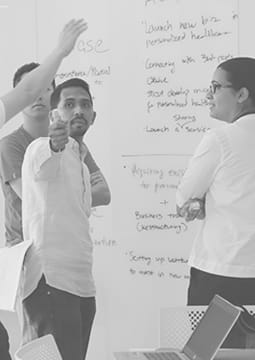
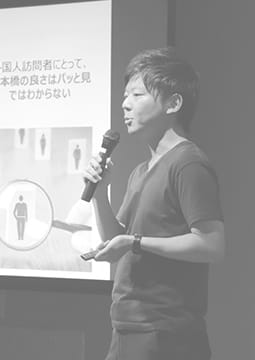
-
We Aim to Develop the Outlook and Perspective of the Manager and Entrepreneur
The courses in accounting, finance, marketing and strategy provide insights into corporate management for leaders and entrepreneurs. At the same time, at Shizenkan, we constantly strive to see the world through the eyes of a manager-entrepreneur. We place business policy and entrepreneurship at the very core of our curriculum. Thus, our objective is not to produce experts in finance and accounting but well-rounded managers, entrepreneurs, and leaders.
-
We Ascribe to a Liberal Arts Education to Build Leaders Who Have a Clear Set of Values and Who Understand What Might Be Coming Next
Specialized knowledge and skills are essential for management success, yet they are only tools to help achieve one’s goals, and not the answer to fundamental questions such as “for whom”, “for what”, and “why”.
Our curriculum includes history, religion, philosophy, sociology, science and art. We believe the liberal arts are necessary to develop comprehensive thinking, understand history broadly and explore the essence of human existence. This helps leaders make decisions using their own set of values. Equally important, the liberal arts allows professionals to understand the reality of our changing world, to have better insight into what’s driving history, the divergence/convergence of the world, and thus make observations of the future.
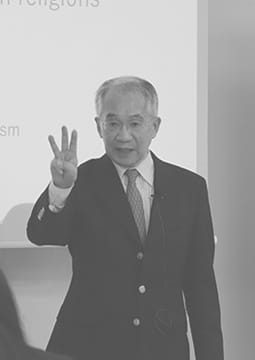
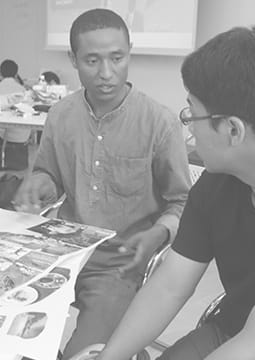
-
We Try to Cultivate Leadership by Facing Society and Others and Reflecting Upon Ourselves.
We think that the first and foremost element of leadership is contemplation of the meaning and goals of life – through self-reflection. This is normally defined as recognition of one’s inner voice and values. For management professionals, who often wield influence over society, self-reflection should also include examining our relationship with society and other people; to question the meaning of our lives and goals within the context of society.
-
We Want to Connect People and Institutions Who Share Similar Values
Shizenkan operates in partnership with the School of Inspired Leadership, in New Delhi, India; the IESE Business School in Barcelona, Spain; and with one of the most acclaimed think tanks worldwide, FGV in São Paulo, Brazil. With these partners, our institution conducts joint workshops and research projects relating to global business management, sustainability and the future of leadership education. Shizenkan also collaborates with the Chinese Chamber of Commerce in Japan and plans to create an interactive network with the Chinese business community in Asia. Academics and business leaders in Singapore, South Korea, Belgium, Switzerland, Israel, the United States, Canada and Brazil have joined our network and deliver lectures to our students.
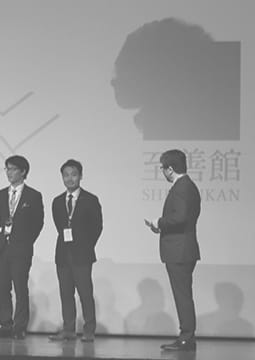

-
We Want to Connect People and Institutions Who Share Similar Values
In Asia, the philosophies of living symbiotically with nature and the rule of virtue are deeply rooted. At Shizenkan, we start with the American business school model of education, which is based on western rationalism, yet we also incorporate Eastern philosophies—Zen and meditation are part of our curriculum. We seek to become a bridge between the East and West, and a model of management leadership that is best adapted for the future.
